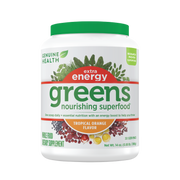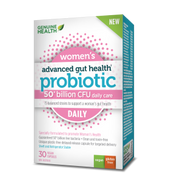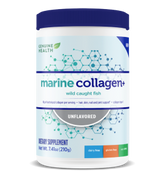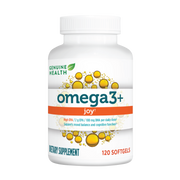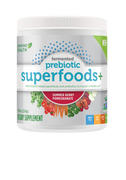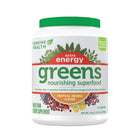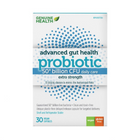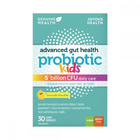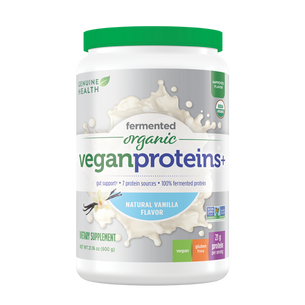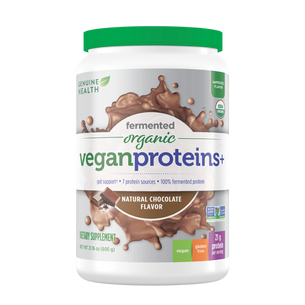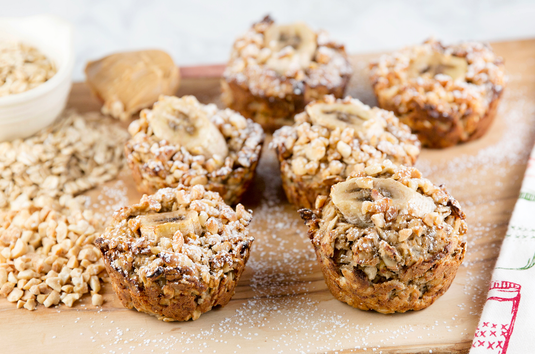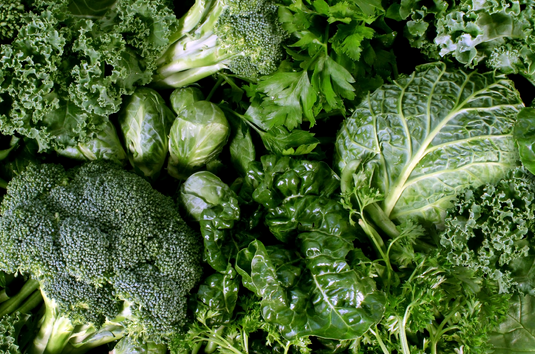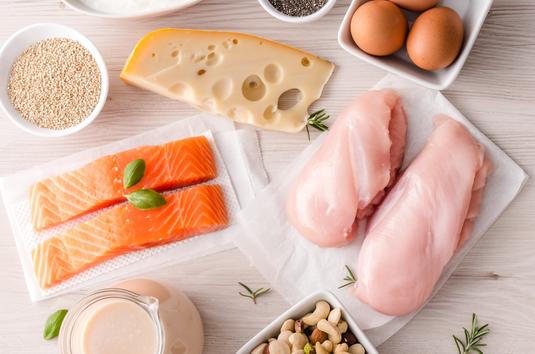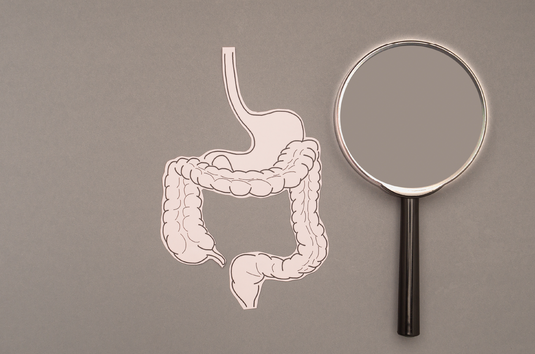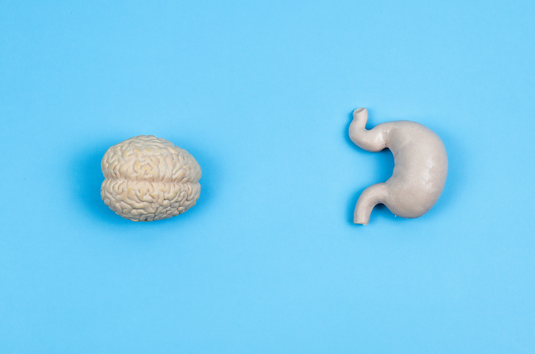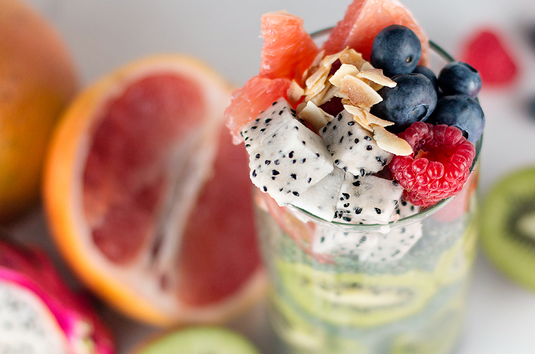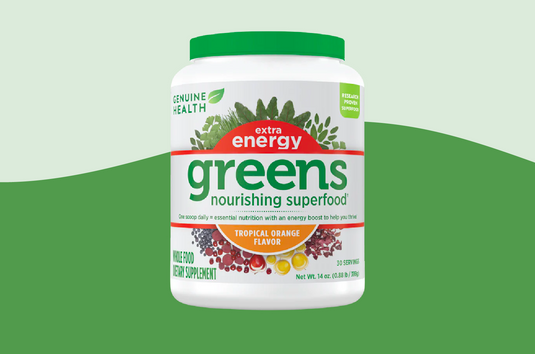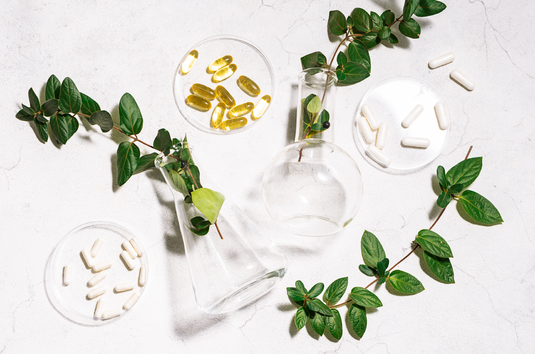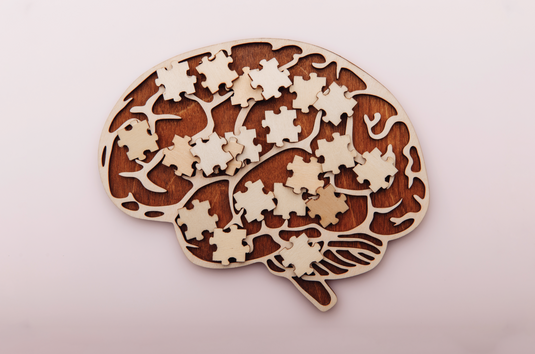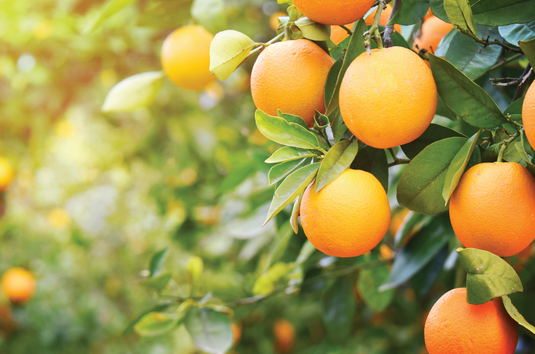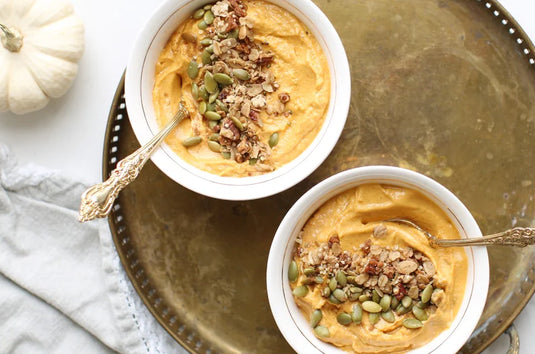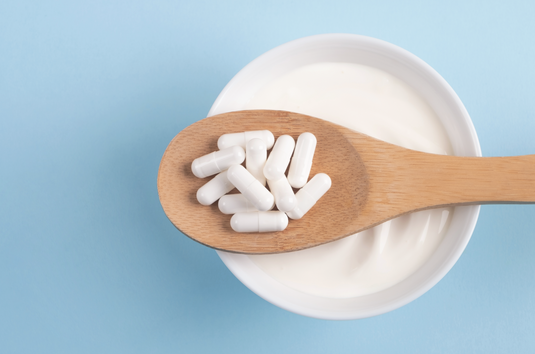Fermented Foods - Realizing Your Food’s Nutrient Potential!
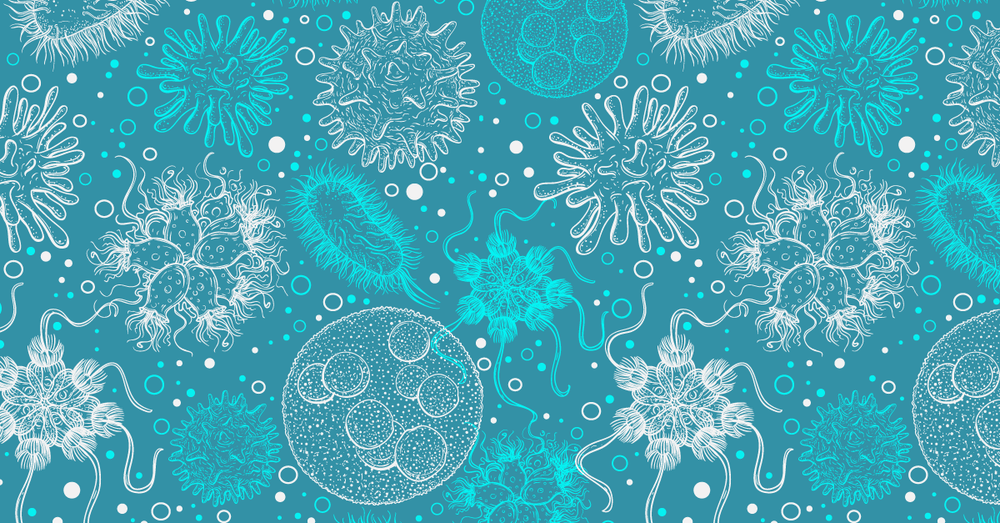
In case you haven't heard, you have about 100 trillion bugs (or "microbes") living in and on you, with the majority residing in the digestive tract. To put it in perspective, you have about 10 trillion human cells, meaning these microbes outnumber your human cells by a ratio of 10 to 1. The only reason you look the way you do is because human cells are larger.
This information was first revealed only a few years ago with the advent of the Human Microbiome Project. When I first heard the information it was one of those "wait… WHAT?" moments.
Three centuries ago with the invention of the microscope we understood there was bacteria in us and on us, but up until recent decades we did not have the technology to understand either their numbers or their significance to human health. The vast majority of those practicing medicine in my lifetime have been under the impression that microbes are dangerous and that we needed greater and more skillful antibiotics to kill them. They could not have been more wrong.
These microbes are more friend than foe, and there is a ton of important information about them that remains to be understood. But to date, we do know that these microbes form a complex ecosystem within us. They play a role in how we think and feel, how we digest our food and absorb our nutrients, and help determine our ability to fight a cold or flu. These microbes play such an important role in directing and training our immune system, that they can potentially affect the development of serious auto-immune diseases.
The problem today is that most of us have less diversity in our microbiome than we should. In addition to repopulating our guts with healthy bacteria with a probiotic, there are steps that we can take to restore our bacterial ecology.
The study of the human microbiome has also confirmed what many lifestyle doctors have been saying for a long time - food is medicine, and bad food is poison. It turns out these microbes eat everything we eat, and they need good nutrients as much as we do!
When we feed our microbiome sugar, fried, fatty or processed food, it depletes both their diversity and numbers. Both of which are crucial to a healthy gut ecosystem. If you look at the standard North American diet, it is any wonder that so many of us are not well?
This is due to our microbes response to what we eat, and they respond to our diet with a speed and sensitivity greater than we would have imagined. Changes in diet can have a harmful or beneficial impact on our health in a matter of days, not months or years. With this information the important question becomes-- what should I be I feeding my microbes on a daily basis?
To start, you should be consuming good fat, fibre, plenty of high-nutrient vegetables and fruit, and most importantly - fermented food. Fermentation is a method of food preservation that dates back to ancient civilizations, and it has made a comeback. This is less for preservation purposes, and more to do with our understanding that the fermentation process liberates nutrients within food, that we are better able to digest them, and they help to "fertilize" our gut ecosystem.
The fermentation process in foods and food supplements creates more phytochemicals, free amino acids, B vitamins and as a result our gut microbial diversity is well fed and so are we. After all, the health of your body depends on the health of your gut microbes and the ecosystem they live in.
Ask yourself this: “have I eaten fermented food today?” If the answer is yes, you are on the right track to taking care of your gut microbial environment – and nourishing your body to realize its full health potential.
This information was first revealed only a few years ago with the advent of the Human Microbiome Project. When I first heard the information it was one of those "wait… WHAT?" moments.
Three centuries ago with the invention of the microscope we understood there was bacteria in us and on us, but up until recent decades we did not have the technology to understand either their numbers or their significance to human health. The vast majority of those practicing medicine in my lifetime have been under the impression that microbes are dangerous and that we needed greater and more skillful antibiotics to kill them. They could not have been more wrong.
These microbes are more friend than foe, and there is a ton of important information about them that remains to be understood. But to date, we do know that these microbes form a complex ecosystem within us. They play a role in how we think and feel, how we digest our food and absorb our nutrients, and help determine our ability to fight a cold or flu. These microbes play such an important role in directing and training our immune system, that they can potentially affect the development of serious auto-immune diseases.
The problem today is that most of us have less diversity in our microbiome than we should. In addition to repopulating our guts with healthy bacteria with a probiotic, there are steps that we can take to restore our bacterial ecology.
The study of the human microbiome has also confirmed what many lifestyle doctors have been saying for a long time - food is medicine, and bad food is poison. It turns out these microbes eat everything we eat, and they need good nutrients as much as we do!
When we feed our microbiome sugar, fried, fatty or processed food, it depletes both their diversity and numbers. Both of which are crucial to a healthy gut ecosystem. If you look at the standard North American diet, it is any wonder that so many of us are not well?
This is due to our microbes response to what we eat, and they respond to our diet with a speed and sensitivity greater than we would have imagined. Changes in diet can have a harmful or beneficial impact on our health in a matter of days, not months or years. With this information the important question becomes-- what should I be I feeding my microbes on a daily basis?
To start, you should be consuming good fat, fibre, plenty of high-nutrient vegetables and fruit, and most importantly - fermented food. Fermentation is a method of food preservation that dates back to ancient civilizations, and it has made a comeback. This is less for preservation purposes, and more to do with our understanding that the fermentation process liberates nutrients within food, that we are better able to digest them, and they help to "fertilize" our gut ecosystem.
The fermentation process in foods and food supplements creates more phytochemicals, free amino acids, B vitamins and as a result our gut microbial diversity is well fed and so are we. After all, the health of your body depends on the health of your gut microbes and the ecosystem they live in.
Ask yourself this: “have I eaten fermented food today?” If the answer is yes, you are on the right track to taking care of your gut microbial environment – and nourishing your body to realize its full health potential.



